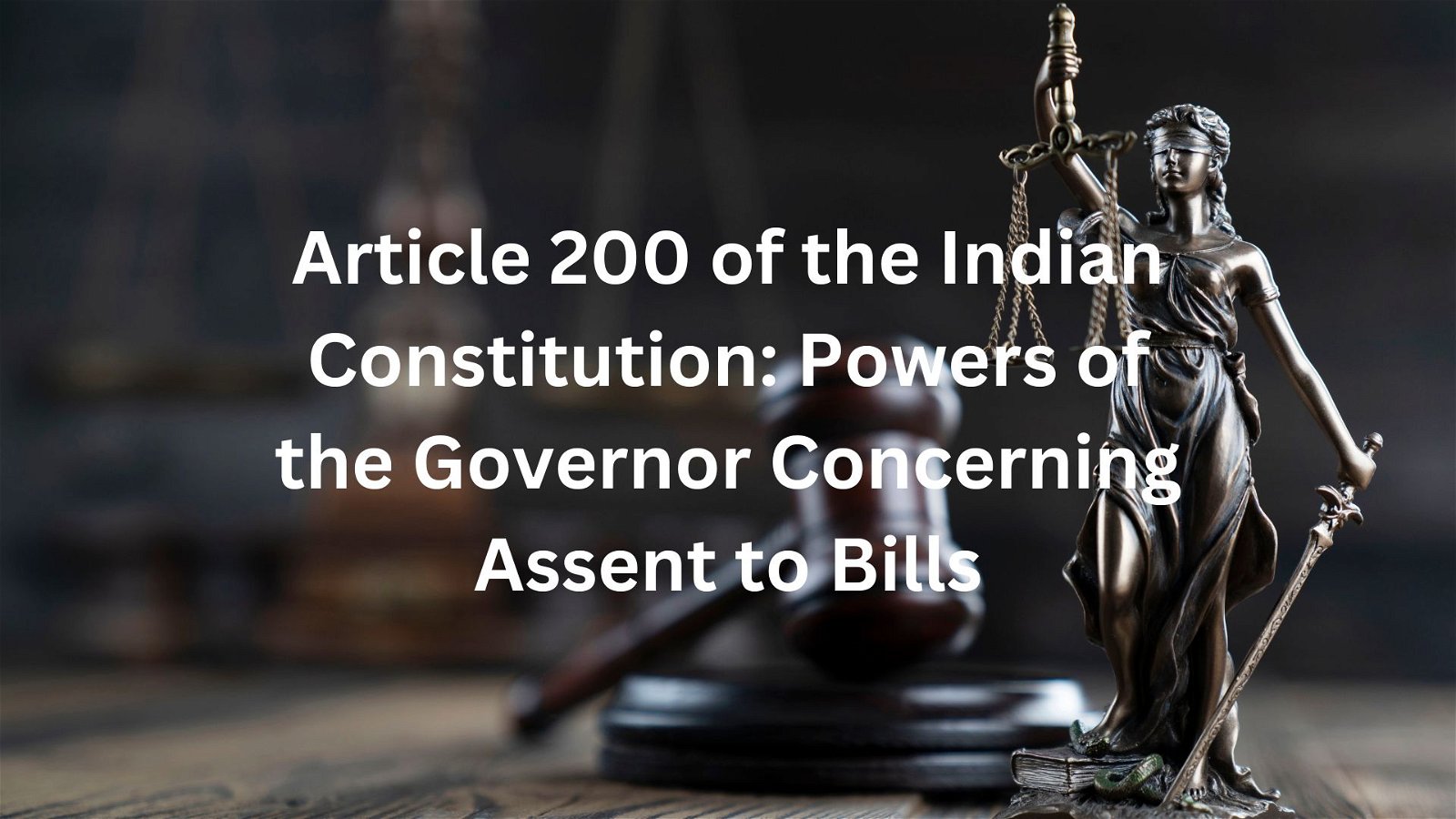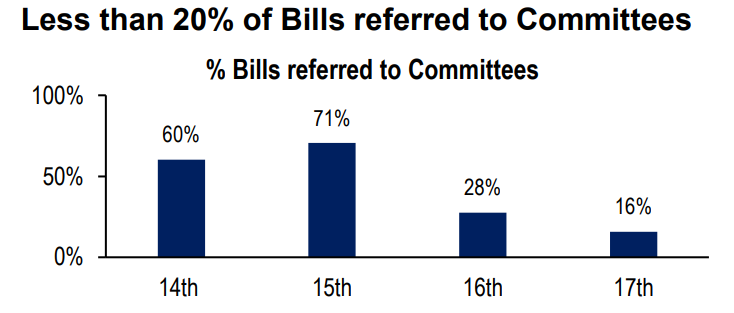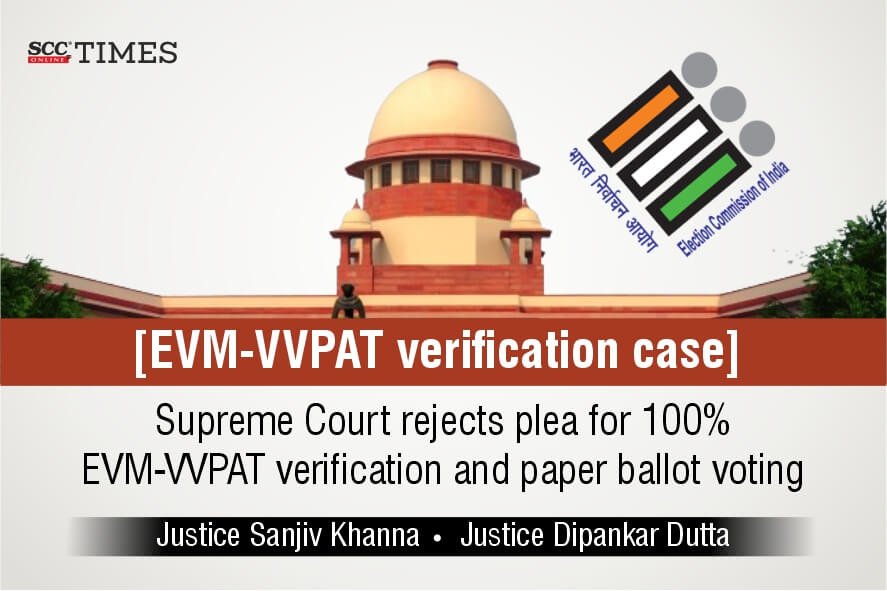
Epidemic Diseases Act, 1897
Subscribers of "Current Affairs" course can Download Daily Current Affairs in PDF/DOC
Subscribe to Never Miss an Important Update! Assured Discounts on New Products!
Must Join PMF IAS Telegram Channel & PMF IAS History Telegram Channel
- Context (PIB | IE): The Law Commission of India submits a Report titled “A Comprehensive Review of the Epidemic Diseases Act, 1897.“
- As per the Law Commission, the existing legislation exhibits “significant deficiencies” in addressing the containment and management of future epidemics as new infectious diseases or novel strains of existing pathogens may emerge.
Epidemic Diseases Act, 1897
- The colonial government introduced the Act to tackle the epidemic of bubonic plague that had spread in the erstwhile Bombay Presidency in the 1890s.
- Objective: To provide “for the better prevention of the spread of Dangerous Epidemic Diseases.”
Provisions of the Act
- Section 2 empowers state governments/UTs to take special measures and formulate regulations for containing the outbreak.
- Section 3 provides penalties for disobeying any regulation or order made under the Act. These are punishable under section 188 of the Indian Penal Code.
- Section 4 gives legal protection to the implementing officers acting under the Act.
Limitations of the Act
- The Epidemic Diseases Act,1897, does not define an ‘epidemic’ disease or an ‘infectious’ disease.
- It does not differentiate between an ‘outbreak’, ‘epidemic’ and ‘pandemic’ due to which, there is no line of clarity on the criteria for declaring an epidemic and invoking the said Act.
- It does not appropriately decentralize and demarcate the power between the Centre, State and local authorities to regulate the epidemic situation.
- It does not specifically stipulate the procedure and guidelines that will be followed pertaining to isolation and quarantine.
- The Act lacks a synchronized framework between public and private diagnostic laboratories and fails to address the primary question as to who can conduct and regulate the diagnosis.
- The Act makes no mention of specific regulations for the safe disposal of infectious medical waste and human corpses.
- It is also silent on authentic information dissemination systems regarding epidemic diseases which become imperative to control further spread and to notify current status of disease.
Recommendations of Law Commission
- Creation of an Epidemic Plan to address future epidemics.
- Duty to create this Epidemic Plan falls on the Central government in collaboration with state governments after consultation with the ministries concerned, private health institutions, expert bodies, and other stakeholders.
- Plan should include provisions on quarantine, isolation, and lockdowns.
- Creation of a Standard Operating Procedure (SOP) to enforce the Epidemic Plan to “ensure proper and coordinated response to any epidemic with pre-defined powers and roles in case of a public health emergency”.
- The difference between ‘quarantine’ and ‘isolation’ should be clarified by appropriately defining these terms.





![PMF IAS Environment for UPSC 2022-23 [paperback] PMF IAS [Nov 30, 2021]…](https://pmfias.b-cdn.net/wp-content/uploads/2024/04/pmfiasenvironmentforupsc2022-23paperbackpmfiasnov302021.jpg)











